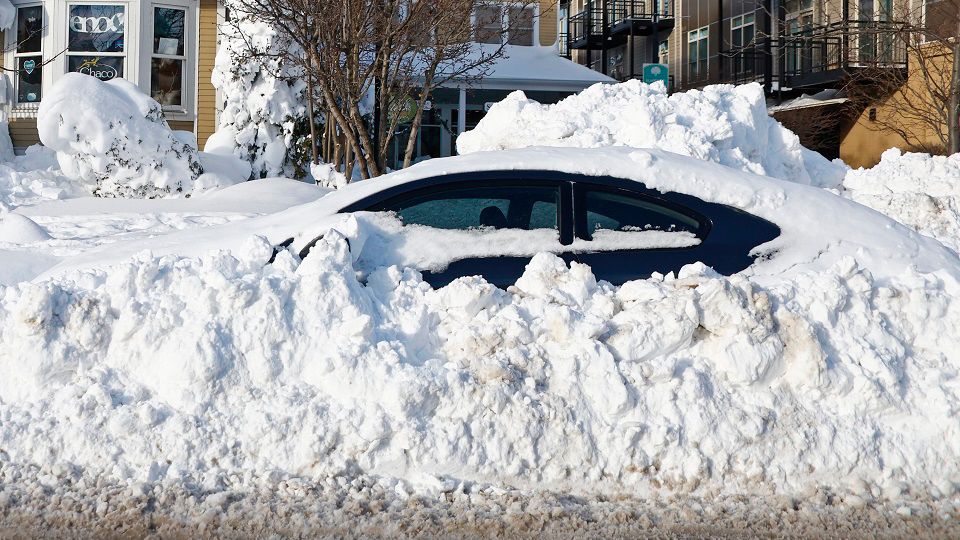The New York State Education Department recently released last year's graduation rates. The data shows those rates have risen across the state since 2019, the last non-pandemic graduating class.
Most school districts, in some of the state's largest cities, saw double-digit increases. The biggest jump was seen in Buffalo, which increased from 65% in 2019 to 79% in 2021.
Angelina Mistretta is in her last year at City Honors School in Buffalo.
“I’ve been accepted to Niagara County Community College. I will be going for animal management," Mistretta said.
Nathan Daun-Barnett, the department chair and an associate professor of educational leadership and policy at the University at Buffalo, attributes some of the increase to end-of-year exam exemptions, but also to the grace students were given during the pandemic.
“We all had to acknowledge the moment we were in," said Daun-Barnett. "We had to change our expectations and rethink what it meant to help students get through one of the most difficult times in their lives."
He says most of the work they were doing was completion work.
“Rather than the substance and the acquisition of knowledge ... and that made sense because of what they’re going through," Daun-Barnett said.
Wendy, Angelina’s mother, calls it "COVID-passing." Wendy is also the president of the District Parent Coordinating Council at Buffalo Public Schools. She’s concerned that her daughter hasn’t had all the learning she needs by "COVID-passing."
"That's my concern is your, you know, the colleges are used to, having worked in a college campus, they do placements, and they look at a high school transcript and assume you've met certain requirements based on that," said Wendy. "And if you've, as I said, COVID-passed and you can't prove that you are only COVID-passed because you haven't taken the regents exam to show that you have progressed proficiency in that subject. And then you are assumed to know that subject matter and you don't. It has definite implications for college and career."
Wendy has an older son who graduated last year.
“My son, having taken calculus already, and he goes to college and now he's taking calculus again," Wendy said. "Um, there could be a belief it's because they're not smart enough. And so it's their fault and I'm worried about then them reaching out for the help that they will need to be successful."
She thinks it’s important to have a conversation with students about the differences in learning and challenges they might face and to make sure they know that if those students are struggling, it’s not their fault and they should ask for help.
Daun-Barnett says it’s up to higher education.
“A bigger challenge for us, like in higher education, is how do we meet students where they're at knowing that there was some learning loss over the past couple of years?" Daun-Barnett asked. "The incoming freshman class isn't going to have the same math and science and then we would have expected coming in, they won't have the same writing ability, right? And we can't just assume that, or we can't just hold the same expectations for the incoming cohort, knowing that their learning environment was very different."
In a statement, the Buffalo Public School District said:
Part two of this story will take a closer look at the impact of the Regents Exams on the increased graduation rates.
To see the state's data on graduation rates, click here.







